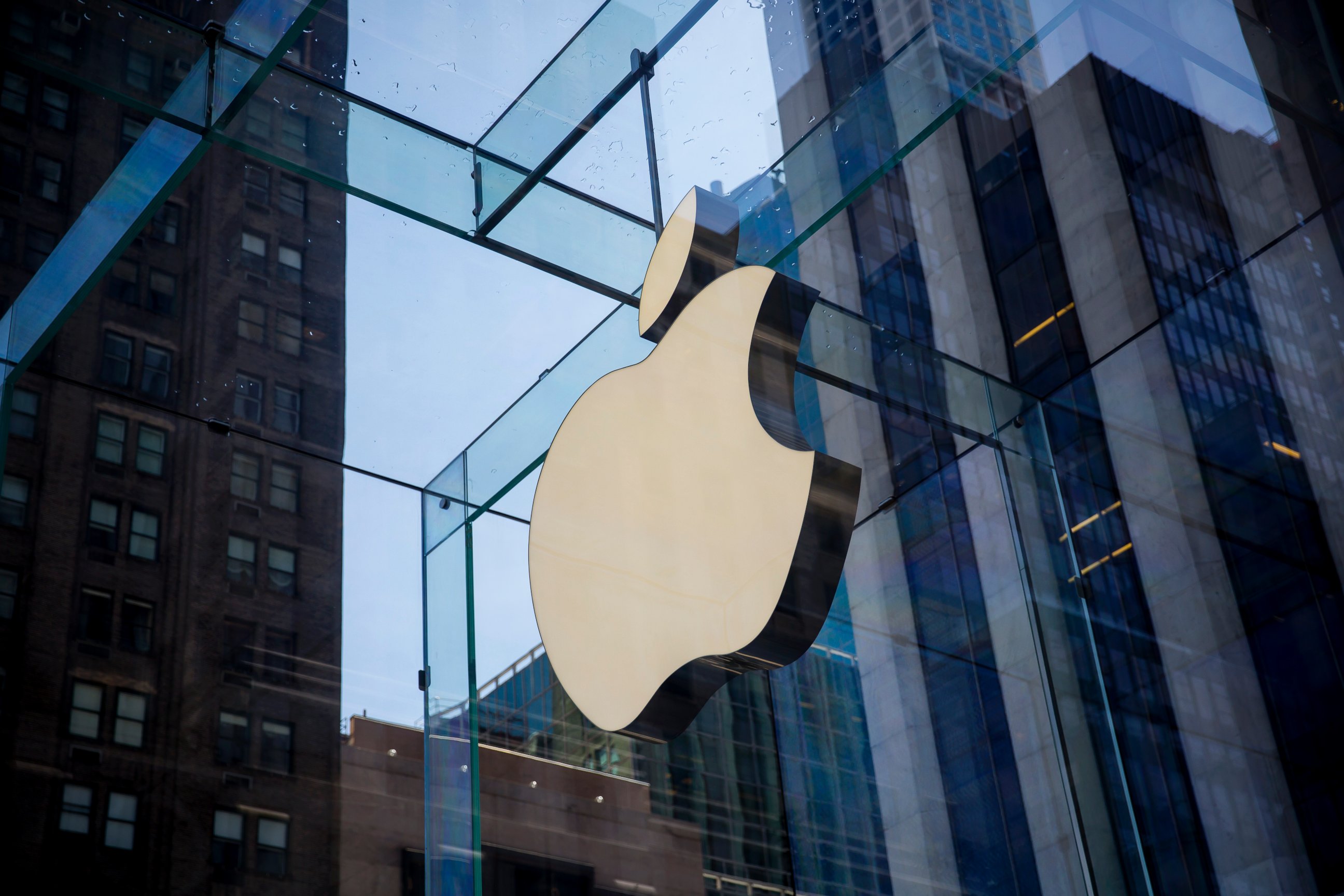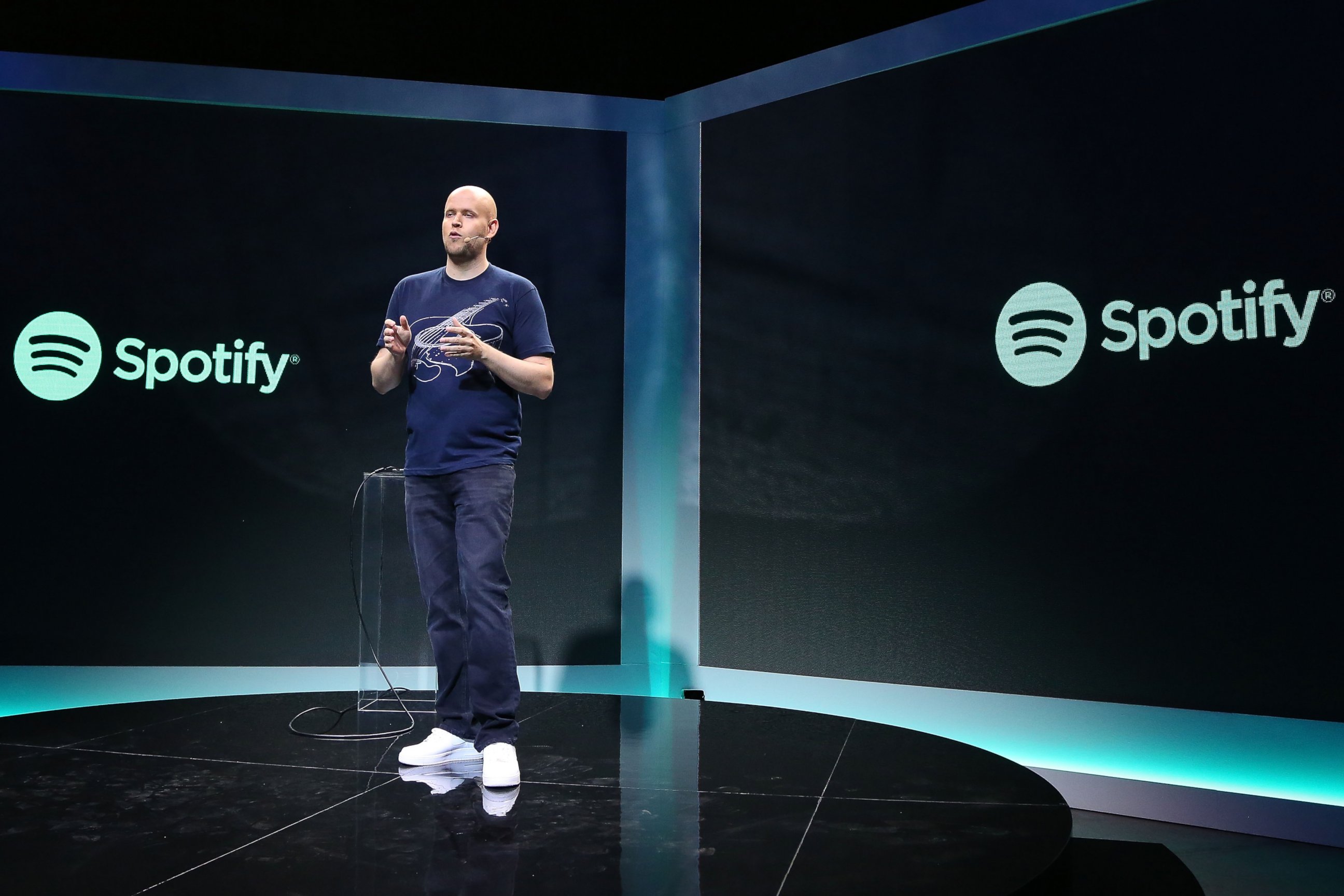How Taylor Swift Convinced Apple to Change Its Mind About Artist Pay
What Apple learned from Taylor Swift's incident with Spotify last year.
— -- With about a week until Apple Music launches, Taylor Swift is creating a new precedent with the biggest tech company in the world.
Swift announced her decision on Sunday morning that she would initially withhold her album from Apple's new streaming service, writing on her Tumblr page that she found it "shocking, disappointing and completely unlike this historically progressive and generous company" that it will not pay royalty-holders during its three-month free trial period when it launches on June 30.
And it didn't take long for the tech giant to back down.
Apple responded on Sunday night to say it would change its policies, which is no doubt creating a frenzy among Apple's intellectual property lawyers in changing its terms.
How did Swift persuade Apple (NASDAQ: AAPL) to change its tune?
Swift, who had the top-selling album release last year with "1989" in the fall and boasts 59.2 million Twitter subscribers, has become one of the most vocal celebrity critics of the business of music streaming.
In November, Swift, who had previously lamented the general effect of piracy and streaming on paid album sales, removed her music from streaming service Spotify.
Apple doesn't always kowtow to big musical acts. The company has a decades-long legal history with The Beatles over the band's Apple music label, which it resolved a few times. You won't necessarily find songs from The Beatles in Apple Music, Bloomberg reports. This weekend, the maker of the iPod lost its upper hand in no longer setting the bar for artist pay at zero. In setting a new precedent within itself, Apple learned from the Spotify incident: Swift doesn't bluff.

Swift claimed that her decision to initially withhold her album from Apple Music "is about the new artist or band that has just released their first single and will not be paid for its success." But Swift also has something to gain if her music is included in the new service. Apple Music will be available on every iPhone, iPad, Mac, iPod Touch, with availability on Android devices. Apple, which Swift says "has been and will continue to be one of my best partners in selling music," began selling songs and albums through its iTunes store in 2001.

Apple was planning originally to negotiate a higher royalty rate for artists after the free trial period, Apple’s senior vice president of Internet services and software Eddy Cue told Billboard, and the company will stick with that plan.
So, does this mean "Shake It Off," "Blank Space" and Swift's other titles from "1989" will be available on Apple Music? Apple declined to comment to ABC News today about whether Swift's newest album will be streamed in its new service. A representative for Swift did not respond to a request for comment.




